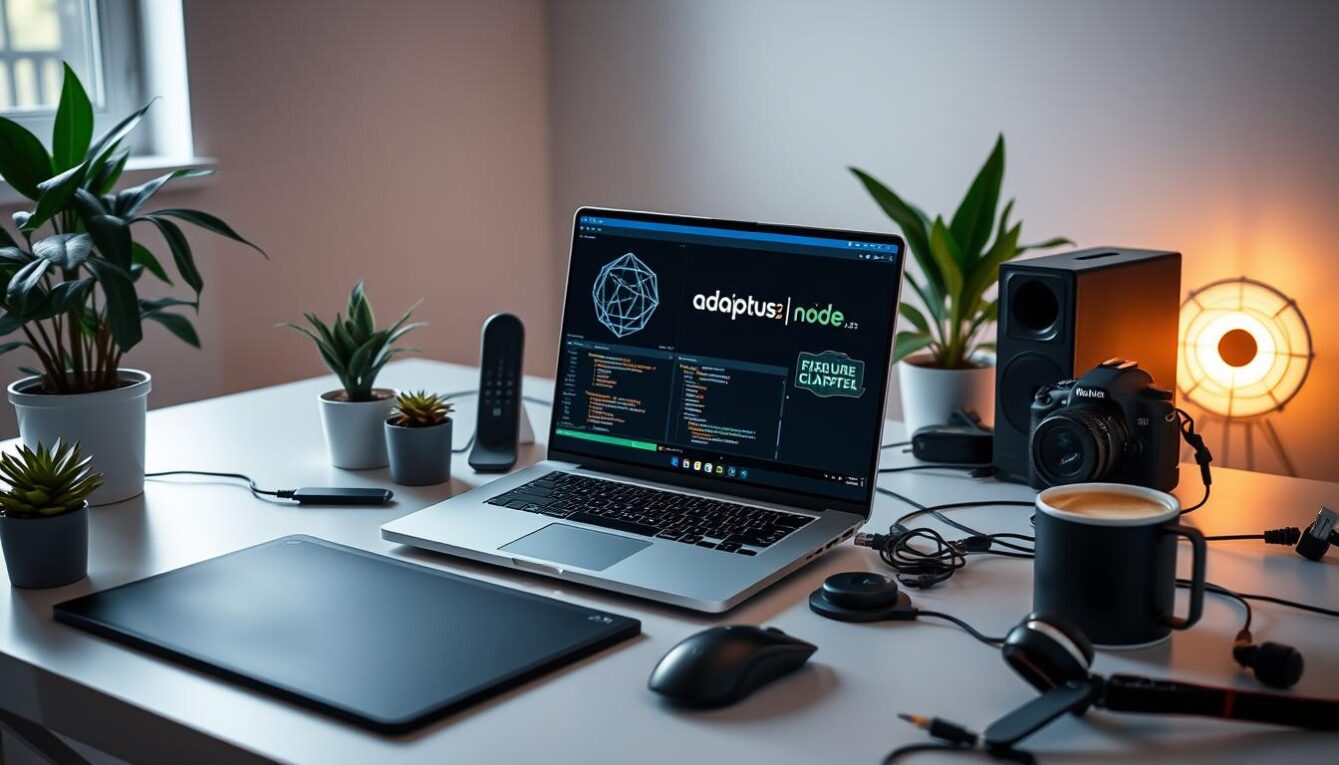DevOps is a methodology that emphasizes collaboration and communication between development and operations teams. While it has proven to be effective in delivering software faster and with greater quality, implementing DevOps in regulated industries can present unique challenges. In this article, we will examine the difficulties that regulated industries face while implementing DevOps and provide best practices for success.
The DevOps Puzzle: Navigating Regulations with Ease
Regulated industries, such as healthcare and finance, are bound by strict guidelines that must be followed to avoid fines, sanctions, and reputational damage. In addition, these industries are characterized by complex legacy systems, which can be difficult to integrate with modern software development practices.
One of the biggest challenges when implementing DevOps in regulated industries is ensuring compliance with regulations while maintaining a fast-paced development cycle. To navigate this puzzle, teams must prioritize regulatory compliance from the outset, embedding it into the DevOps process. This approach ensures that compliance is not an afterthought but a fundamental part of the development cycle.
Moreover, implementing DevOps in regulated industries requires a cultural shift. Teams must work collaboratively, with developers and operations staff working together to ensure that all aspects of the software development lifecycle are compliant with regulations. This means that compliance is not only the responsibility of compliance staff but also of developers and operations staff.
From Compliance to Collaboration: Best Practices for DevOps Success
The key to DevOps success in regulated industries is to shift from compliance to collaboration. Teams must work together to ensure that regulatory compliance is built into the development cycle from the outset. This means that compliance is not an afterthought but a core part of the development process.
One of the best practices for DevOps success is to automate compliance checks. Automation helps to reduce the risk of human error and ensures that compliance is maintained throughout the development cycle. Automating compliance checks also allows teams to focus on delivering software faster and with greater quality, without sacrificing regulatory compliance.
Another best practice for DevOps success in regulated industries is to prioritize security. In addition to regulatory compliance, security is a critical concern in regulated industries. Teams must ensure that security is embedded into the DevOps process, from design to deployment. This means that security is not only the responsibility of security staff but also of developers and operations staff.
Implementing DevOps in regulated industries can be challenging, but it is possible with the right approach. By prioritizing regulatory compliance, shifting from compliance to collaboration, automating compliance checks, and prioritizing security, teams can successfully implement DevOps while meeting regulatory requirements. With DevOps, regulated industries can deliver software faster and with greater quality, while maintaining compliance and security.










